Dungeons & Dragons RPG - D&D RPG Experience
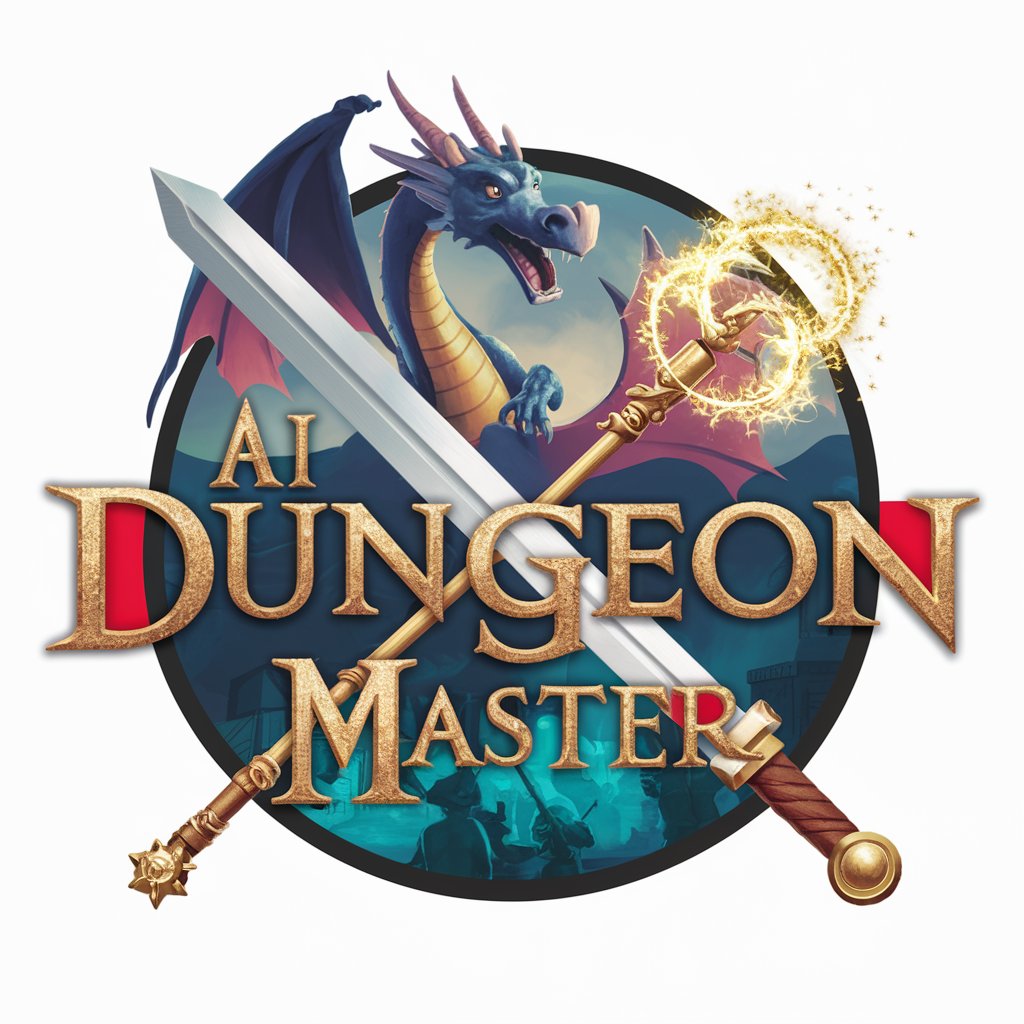
Welcome, adventurer! Let's embark on a journey!
Unleash Imagination, Power Your Adventure
In the ancient halls of...
The adventurers find themselves...
As the moon rises over the...
Deep within the enchanted forest...
Get Embed Code
Introduction to Dungeons & Dragons RPG
Dungeons & Dragons (D&D) is a fantasy role-playing game (RPG) where players embark on imaginative adventures within a fantasy setting. A game of D&D is driven by storytelling, where participants create characters to play the roles of adventurers exploring a fantasy world. These characters form a group, or 'party', to journey through the game's narrative, which is guided by the Dungeon Master (DM). The DM acts as the game's referee and storyteller, controlling the environment, non-player characters (NPCs), and the outcomes of player interactions with the world. Central to D&D is the use of polyhedral dice, which determine the outcomes of character actions, combat encounters, and narrative developments. An example scenario illustrating these aspects could involve a party of adventurers tasked with rescuing a village from a dragon. Players would navigate their characters through challenges such as negotiating with the dragon, combat with its minions, or finding a magical item to weaken it. The DM would adapt the story based on the players' decisions, ensuring a unique and dynamic experience in every session. Powered by ChatGPT-4o。

Main Functions of Dungeons & Dragons RPG
Character Creation
Example
Players design their adventurer by choosing a race (e.g., elf, dwarf), class (e.g., wizard, rogue), and background story. This process involves allocating ability scores and selecting skills that define their character's strengths and weaknesses.
Scenario
A new player decides to create a High Elf Wizard, focusing on intelligence and magic abilities to cast spells. Their character's background as a sage provides them with extensive knowledge about the game's lore, enriching the storytelling aspect.
Storytelling and Adventure
Example
The DM crafts a narrative setting and plot, presenting challenges, quests, and puzzles for the players to interact with and solve.
Scenario
In an ongoing campaign, the DM introduces a plot twist where the adventurers discover the king they were serving is actually a villain. The players must decide whether to continue supporting him for personal gain or turn against him to save the realm.
Combat and Strategy
Example
Players engage in tactical combat against creatures or NPCs. This function involves the strategic use of abilities, spells, and equipment to overcome foes.
Scenario
During a dungeon exploration, the party encounters a group of orcs. The players strategically position themselves, with the fighters up front and the mages casting spells from the back, leveraging their abilities for maximum effectiveness.
Role-playing and Social Interaction
Example
Players act out their characters' roles during interactions with other characters and the environment, making decisions that affect the game world.
Scenario
A rogue in the party attempts to persuade a guard to let them into a restricted area. The player rolls for a persuasion check, adding their character's charisma bonus to the roll to determine the outcome.
Ideal Users of Dungeons & Dragons RPG Services
Creative Storytellers and Writers
Individuals with a passion for storytelling and creative writing find D&D an excellent outlet for their imagination, crafting intricate backstories for their characters and contributing to the narrative.
Strategy and Tactics Enthusiasts
Players who enjoy strategic thinking and problem-solving are drawn to D&D's combat and encounter mechanics, where planning and tactics can significantly influence the game's outcome.
Social Gamers and Community Seekers
People looking for a social hobby and a sense of community find D&D appealing for its collaborative nature, building friendships and teamwork skills through shared adventures.
Fans of Fantasy and Role-playing
Fans of fantasy literature, movies, and other RPGs are naturally attracted to D&D for its rich, immersive world-building and opportunity to live out fantasy adventures as their characters.

How to Use Dungeons & Dragons RPG
Start for Free
Begin by exploring yeschat.ai for a complimentary trial, accessible immediately without the need for registration or a ChatGPT Plus subscription.
Create Your Character
Decide on your character's race, class, and background. Use the D&D character sheets for guidance, customizing your character's abilities, strengths, and weaknesses.
Understand the Rules
Familiarize yourself with the core mechanics, such as combat, spellcasting, and role-playing interactions, by reviewing the Basic Rules or Player's Handbook.
Join or Start a Campaign
Connect with other players to join an existing campaign or start a new one. Use online platforms or local gaming groups to find your gaming circle.
Engage Creatively
Immerse yourself in the storytelling. As a player or Dungeon Master, contribute to the narrative by making decisions, exploring dungeons, and battling monsters.
Try other advanced and practical GPTs
API Insights Guide
Unleash AI's Potential with Expert Guidance
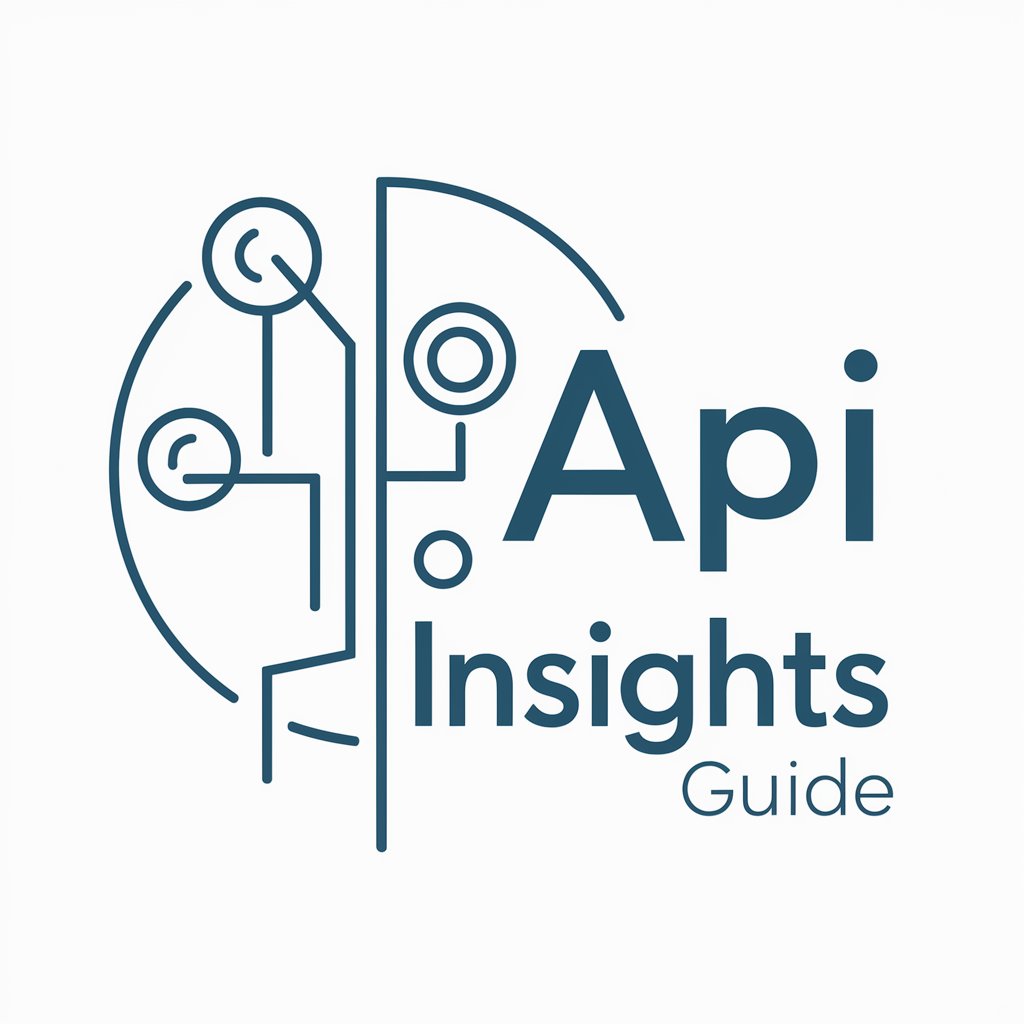
Pantry Chef
Your AI-powered Kitchen Assistant

Review Copilot
Streamlining Systematic Reviews with AI
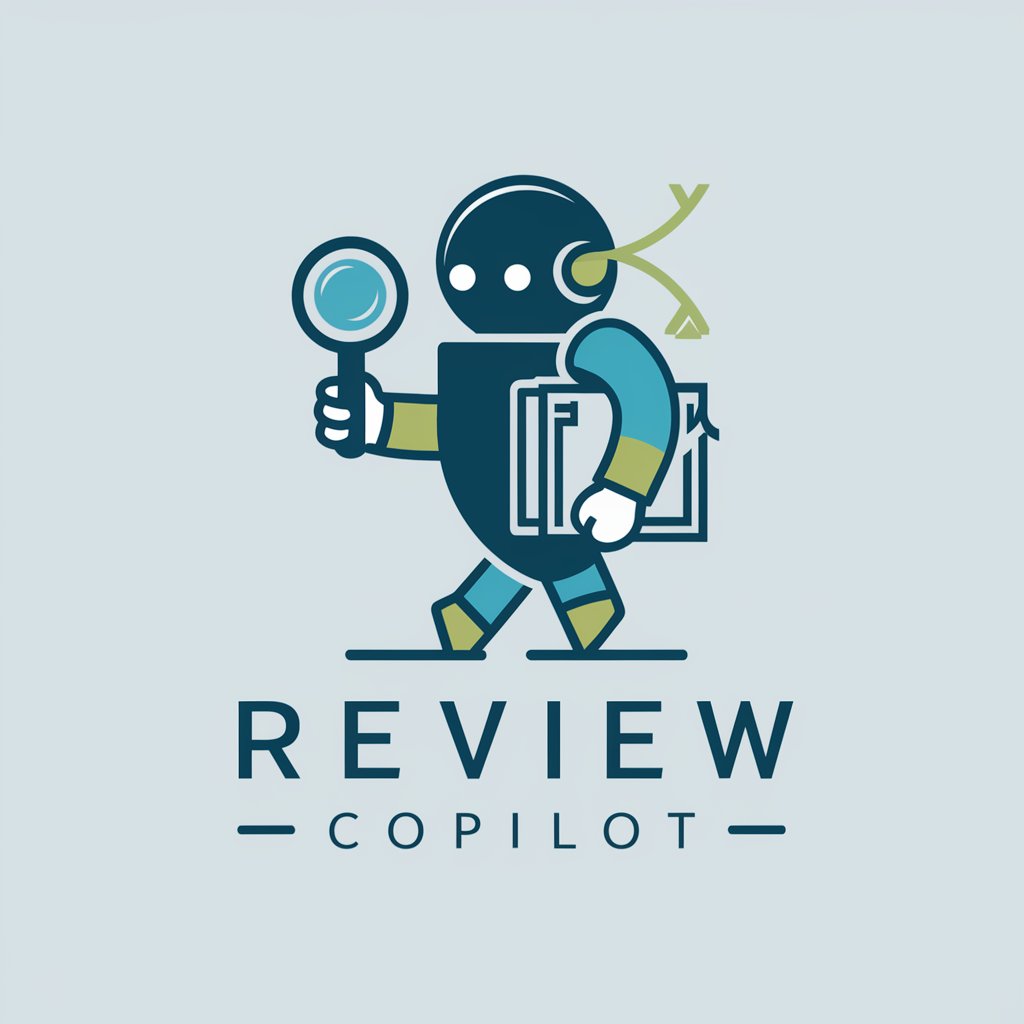
👩🔬 Cure-It-All Bot lv3.2
Empowering research with AI-driven medical insights.
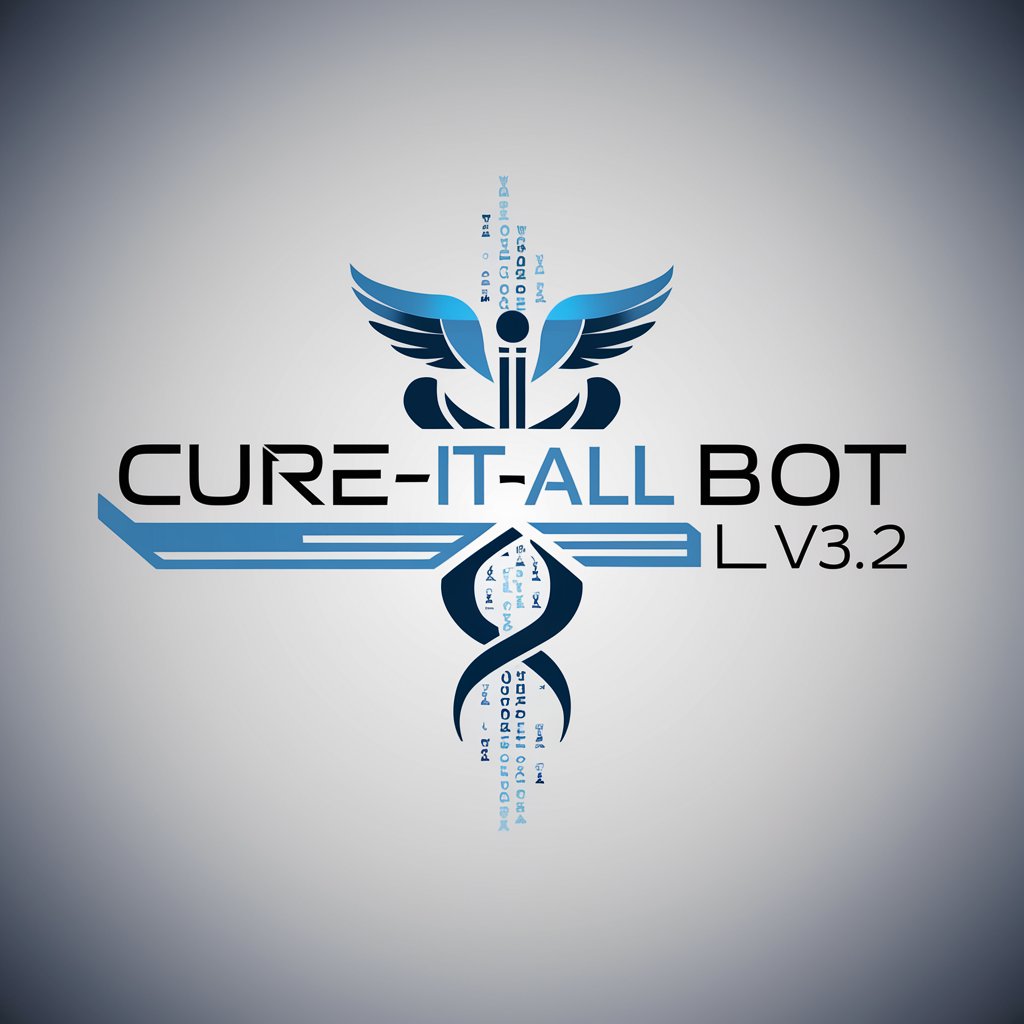
Social Media Card Crafter
Craft stunning cards with AI-powered creativity
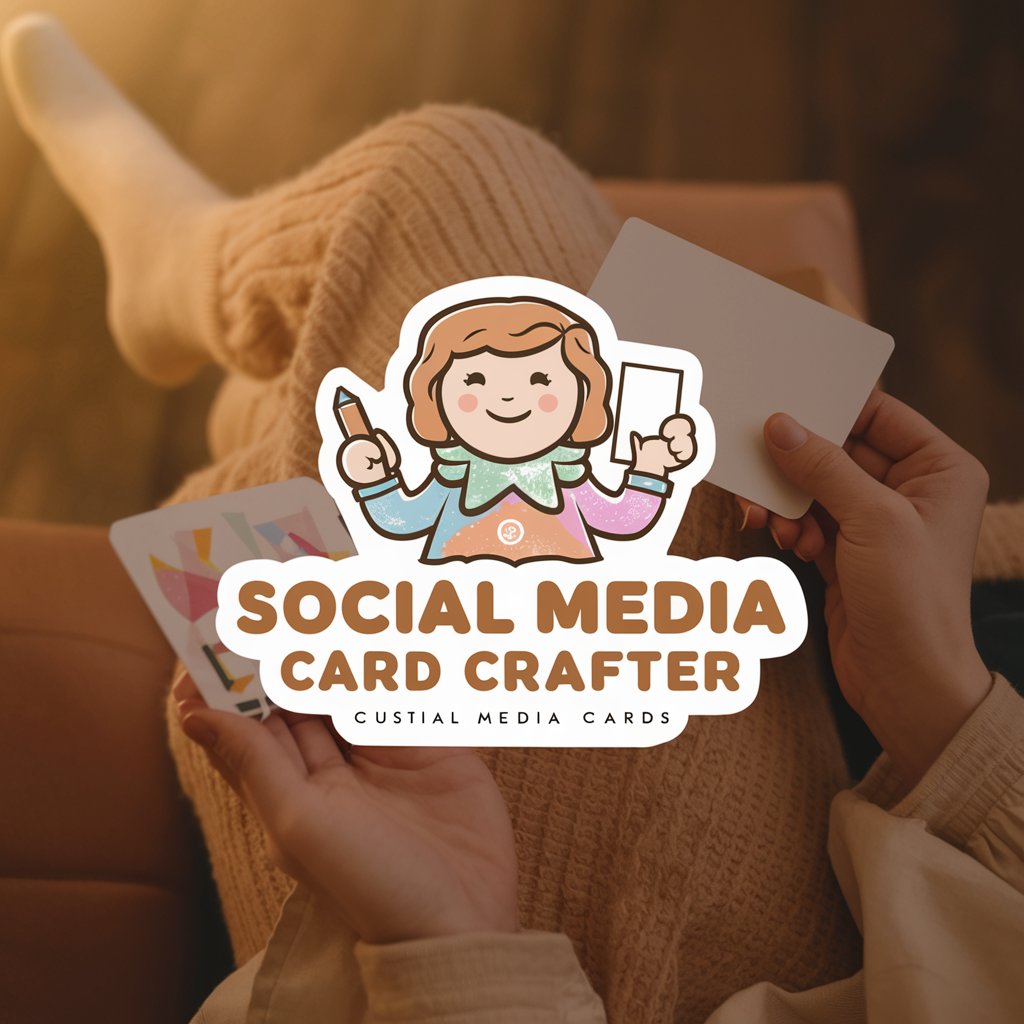
🤯 Eureka Bot lv3.6
Discover the Undiscovered with AI
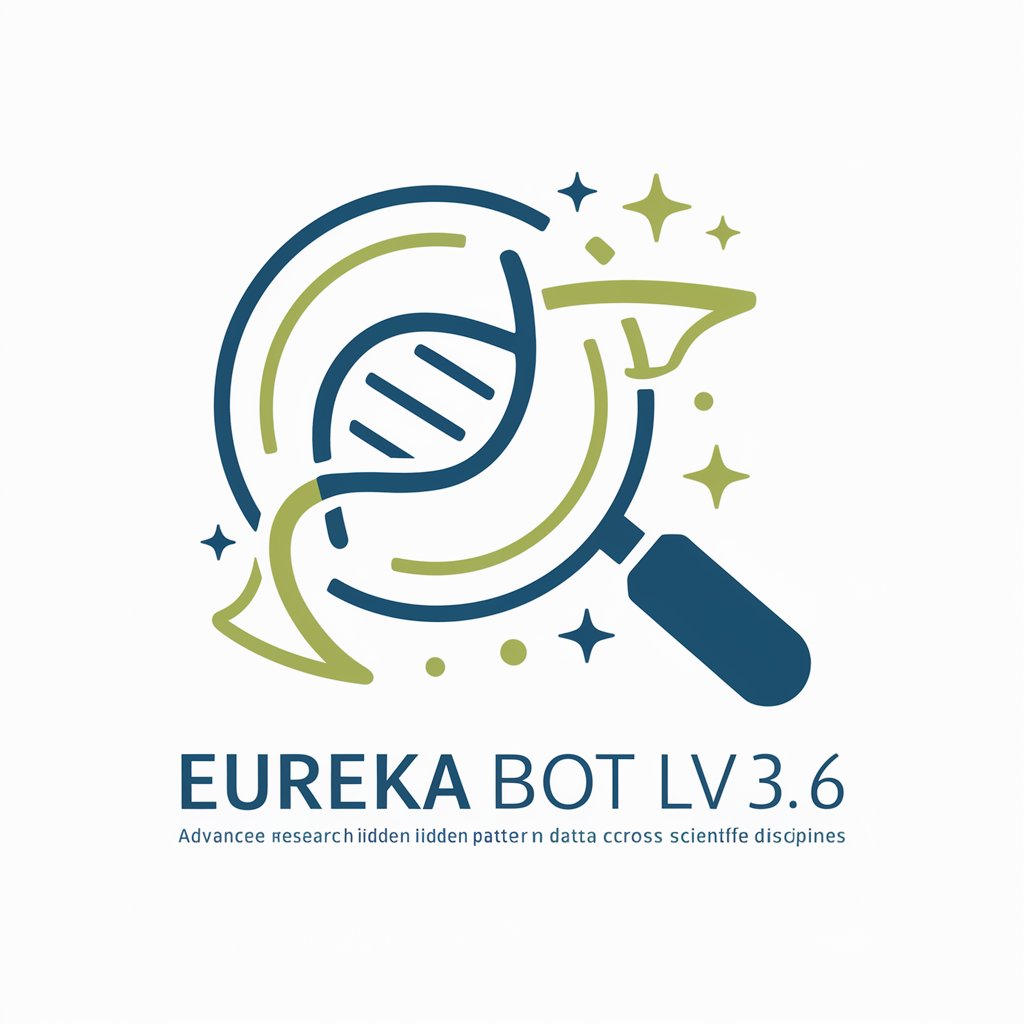
⏳️ Social Timing GPT lv3
Optimize your social media impact with AI-powered timing insights.

Financial Linguist Pro
AI-powered precision in financial linguistics.

Gift Rite
AI-Powered Personalized Gift Finder

Black Friday Cyber Monday - Deal Guide 2023
Maximize savings with AI-driven deal insights.

🕵♂️ Duke Detective lv3.3
Revolutionizing Cold Case Investigations with AI

Grill Guru
Expertise at Your Fingertips, AI-Powered Grill Guidance
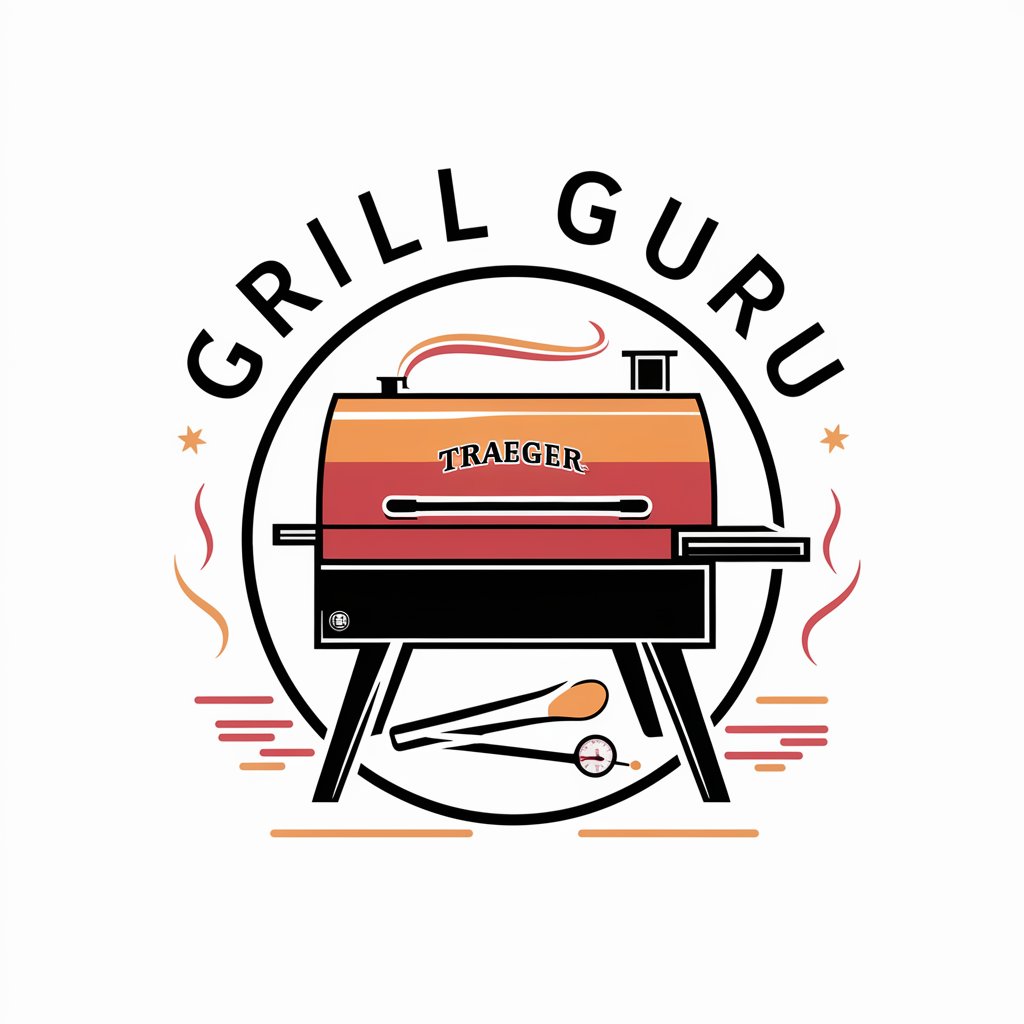
Dungeons & Dragons RPG Q&A
What character creation tools are available?
Dungeons & Dragons RPG offers a variety of tools including character sheets, ability score calculators, and online guides to help players create and customize their characters effectively.
Can I play Dungeons & Dragons RPG online?
Yes, you can play Dungeons & Dragons RPG online using virtual tabletops like Roll20 or Fantasy Grounds, and connect with players globally through forums and dedicated gaming platforms.
What resources are recommended for new DMs?
New Dungeon Masters should explore the Dungeon Master's Guide, adventure modules like 'Lost Mine of Phandelver', and online DM workshops for tips on crafting engaging narratives and managing gameplay.
How does combat work in D&D?
Combat in D&D involves turn-based mechanics where players and DMs roll dice to determine the outcomes of attacks, spells, and movements, using character abilities and environmental factors.
Are there any tools to help manage a D&D campaign?
Several digital tools, including D&D Beyond, offer campaign management features such as tracking character progress, inventory, and storyline elements, aiding DMs in campaign organization.
